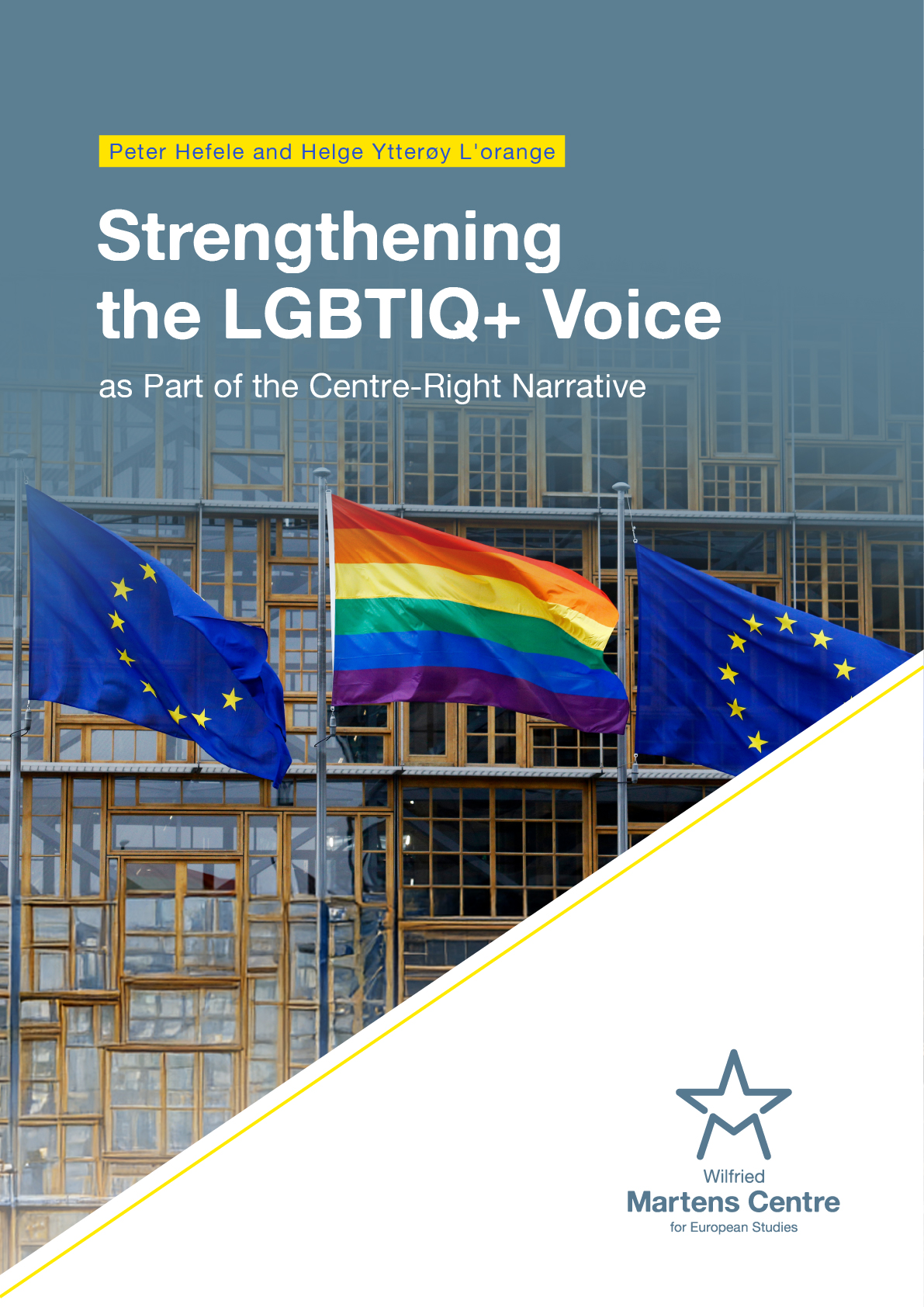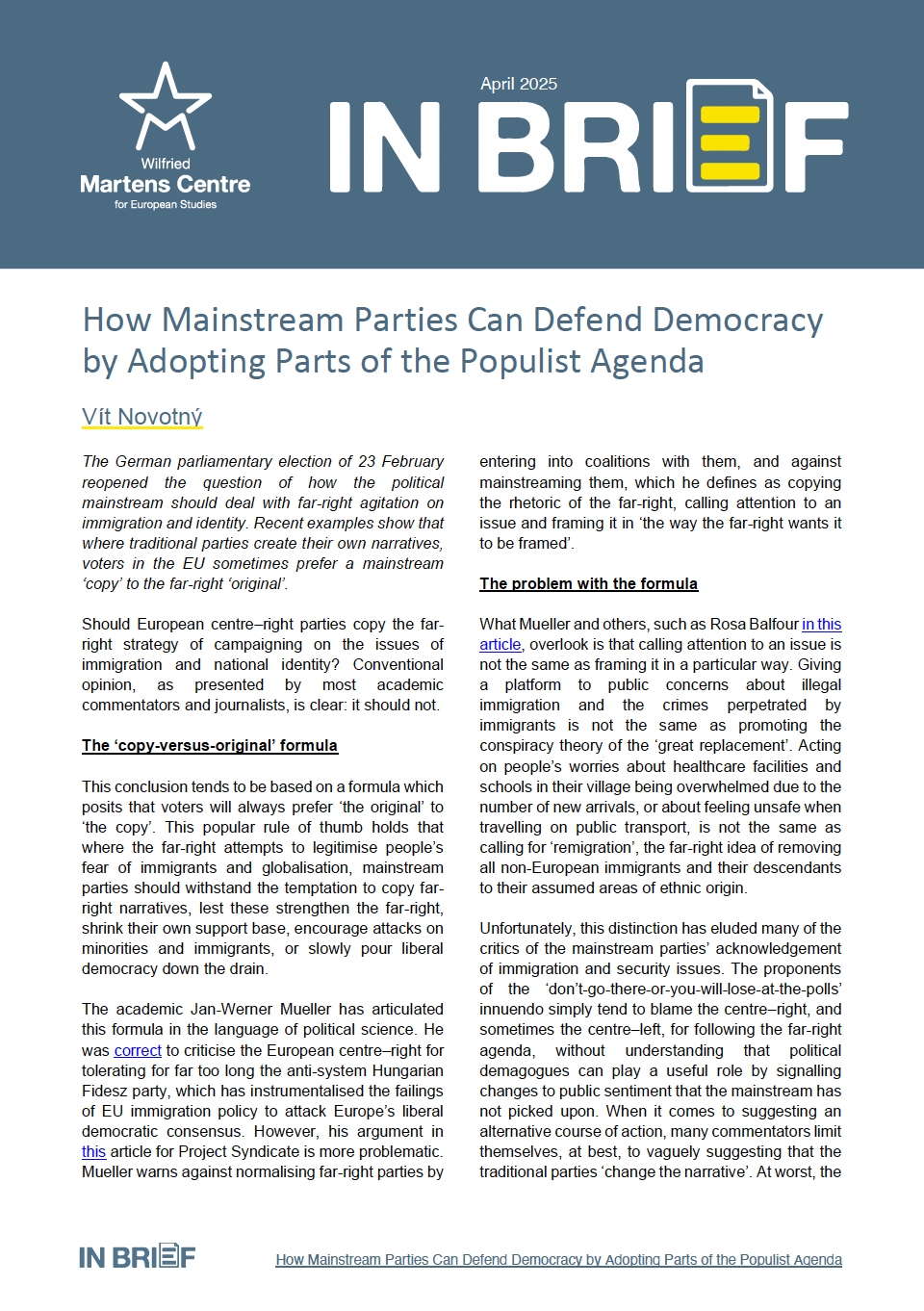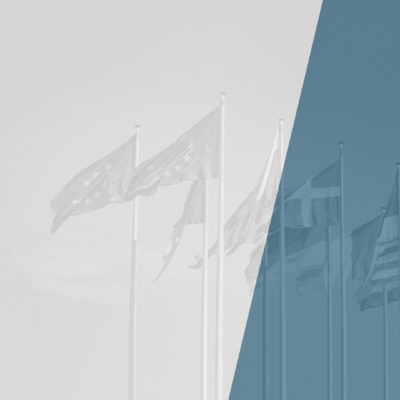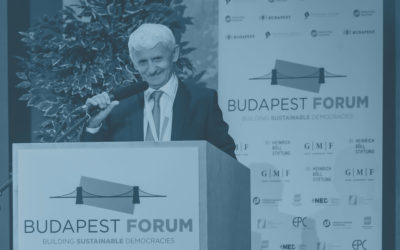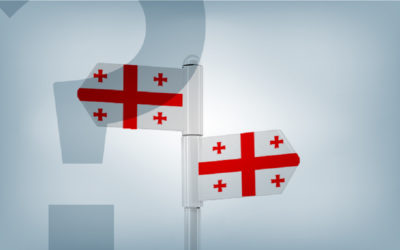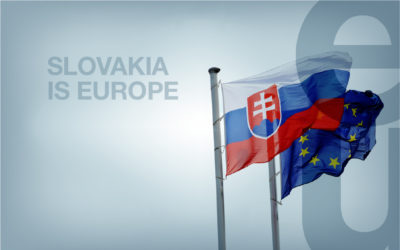Who do we want to be in 20 years? European identity and the refugee crisis
01 October 2015
Now that the wrangling about quotas for refugees among the member states of the Union is over (for the time being), and Europe is more focused on regaining control of our external borders, it’s time to look at some of the more long term questions concerning our identity.
Most of Europe’s leaders agree that the current wave of migrants coming to Europe will change our societies. Some express fears (that Europe will lose its Christian identity), others hope (that more diversity will make us more tolerant, less nationalist, more open). Others are simply skeptical whether the sudden influx will be easy to manage without bringing our societies near breaking point.
Let me first deal with two notions that I reject. The first one claims that the sheer fact that migrants come from a different culture and embrace a different faith, will put European civilisation in jeopardy. The other one says that a massive influx of people from other cultures automatically makes us better people because diversity is always good: the more multicultural our identity, the better we will become. Both notions are deeply mistaken.
The fatalists claiming that European civilisation has now signed its own death warrant, might want to take a look at examples of successful integration in counter-intuitive places, such as the Vietnamese in the Czech Republic whose second generation is melting beautifully into Czech society. They are neither white, nor to any significant extent Christian.
But on the other hand, the starry-eyed multiculturalists have a hard time defending the growth of parallel societies, in which the central values of our constitutions (equal rights for men and women, freedom of expression and faith etc.) are systematically disregarded: in places like Parisian suburbs, parts of Birmingham or Berlin-Neukoelln.
All this brings us to the central long term challenge of the current wave of refugees, many of whom are here to stay for a long time: Integration. Looking back at different European strategies over the past five decades, none can be called fully successful. That has many reasons, but one of them is that too often, efforts to effectively integrate migrants have not been made, either because we denied that we are facing (and for demographic reasons, even need) immigration, or because insisting on values was somehow smacking of Western imperialism.
It’s time to take a fresh look. Germany’s debate in recent weeks shows that. Germans continue to be more than willing to shelter those whose lives are threatened. But integration has become one of the hottest topics of German politics, thanks to the refugees. A whole group of politicians from the CDU and the Greens is now openly talking about migrants’ obligation to integrate. As wobbly as it sounds, and as hard as it is to enforce this, it will nevertheless have to become an indispensable part of ‘Willkommenskultur’.
Public administration, social services, schools and civil society: they will all have to incorporate a much stronger emphasis on the central values of Western societies when dealing with migrants. This has to happen from day one of the asylum application process. Material success must be clearly and openly linked to successful integration. That means improving access to the labour market as much as a more intensive effort to explain our constitutions and the rights and obligations of citizens. Countries like Canada, Australia or the United States have some useful lessons ready. We should not be shy to use what is applicable to Europe, while knowing full well that we cannot copy 100 %.
Angela Merkel’s ‘Wir schaffen das’ (We’ll manage) should not only refer to the immediate challenge of sheltering hundreds of thousands of people. It should also refer to the challenge of integrating many of them into a modern, open society. The stakes are enormous: if we manage this, the reward will be a younger population, possibly even a completely new link to Middle Eastern countries, as we already have forged new links to Turkey and the Western Balkans in recent decades.
But if we fail, this could still ruin social cohesion, and bring Europe down for good. The question is not whether Europe in 20 years will have fewer Christians and more Muslims. The question is whether we will still be an open society. If that is what we want to be, we need to get serious about integration now.
ENJOYING THIS CONTENT?







